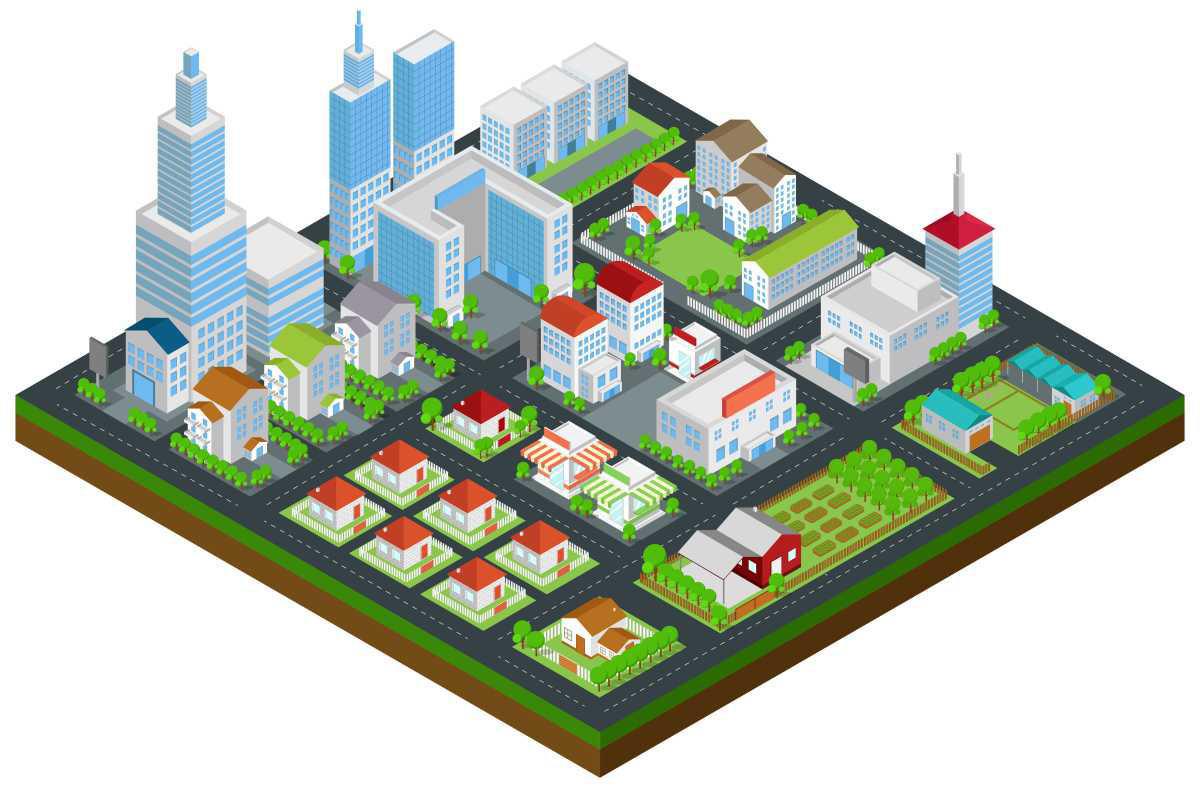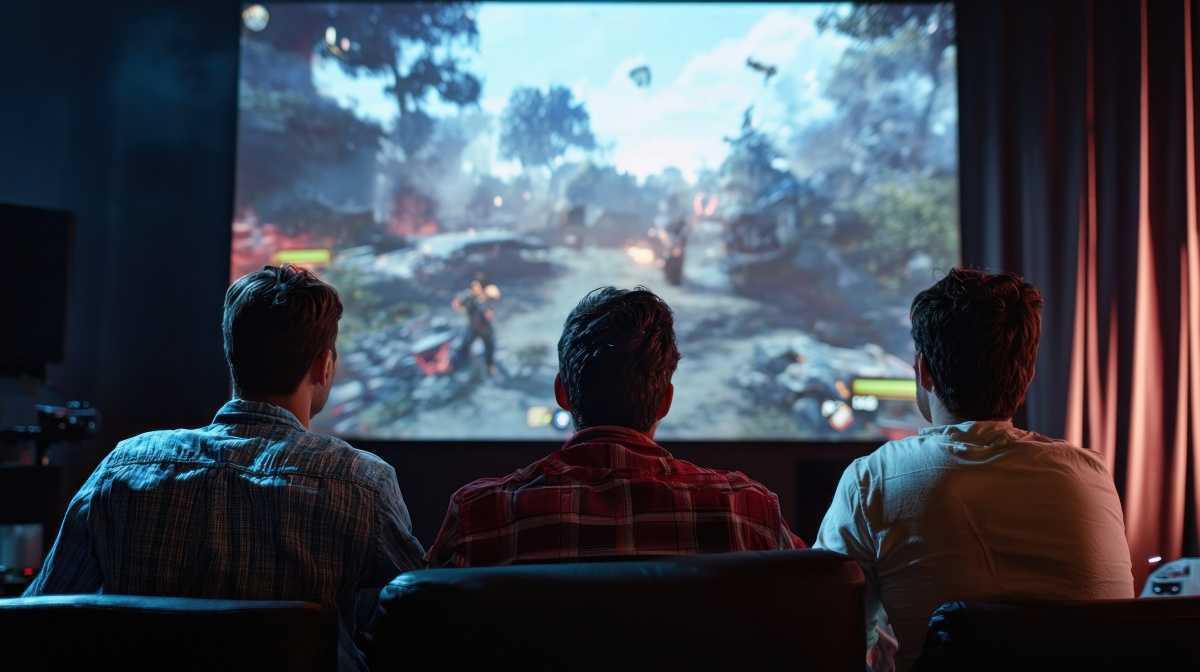Video games are often dismissed as escapist fantasy, but some of the most imaginative titles have flirted with the prophetic. Whether predicting political uprisings, architectural marvels, or global health crises, games have increasingly mirrored the real world—sometimes eerily so. Pandemic simulations like Plague Inc. offered viral insight years before COVID-19, modeling the delicate, terrifying balance between global travel and public health. Meanwhile, open-world city builders like SimCity introduced generations to urban planning logics that have somehow found their way into modern skylines.
Consider the paradox of SimCity—a game ostensibly about creating utopian cities, but in practice, often more about managing disasters, traffic nightmares, and budget deficits. In the game’s later iterations, "arcologies"—dense vertical cities housing thousands—were the apex of technological and environmental optimization. While the term originated in real-world architecture theory (shoutout to Paolo Soleri), SimCity 2000 gave it pixelated life. Decades later, real-world Dubai has taken the blueprint and run with it, building mega-structures that feel ripped from the pages of speculative fiction. The Burj Khalifa or the proposed Dubai Creek Tower are less buildings than vertical civilizations, echoing SimCity’s ambition if not always its ecological humility.
Yet, video game foresight isn’t limited to physical infrastructure. Political thrillers like Deus Ex or Metal Gear Solid 2 have prodded at the implications of surveillance, AI disinformation, and state-sponsored coups. The latter, released in 2001, includes dialogue about controlling the flow of digital information to shape public opinion—an uncanny prelude to today’s battles over algorithmic bias, content moderation, and the ghost in the machine that is TikTok's For You page. When the lines between gameplay and geopolitical analysis blur, it becomes clear: some developers are more Cassandra than controller jockey.
Even economic collapse has been gamified into a prophetic art. The satirical Papers, Please put players in the role of a border inspector in a fictional but deeply Eastern Bloc-esque country, where rubber-stamping documents becomes a moral gauntlet. Years later, the language of gatekeeping, nationalism, and bureaucratic indifference in migration policy feels all too familiar. What once played as dystopian fiction now hits uncomfortably close to the nightly news cycle.
Back to disease: Plague Inc., released in 2012, allowed players to simulate global pandemics by evolving pathogens to outpace vaccines and government response. It surged in downloads during early 2020—not because players were ghoulish, but because the game’s mechanics offered something other simulations couldn’t: a tangible model of exponential spread, public panic, and policy paralysis. Ironically, it had to add a new game mode—one in which players stopped the pandemic—to keep from seeming too grimly accurate.
Architecturally, the comparison between SimCity’s arcologies and Dubai’s mega-buildings isn’t just about scale; it’s about intent. Arcologies were meant as sustainable, self-contained biospheres, an antidote to urban sprawl and environmental decay. Dubai’s towers, by contrast, often feel like luxury totems to global capital, built in the desert with imported labor and an unsustainable thirst for spectacle. It's as if the developers of SimCity and the developers of Dubai had the same blueprint, but one researched architecture and the other went to a Bond villain's Pinterest board.
Still, the uncanny prescience of video games shouldn't be mistaken for clairvoyance. It’s not that games predict the future—it’s that they offer designers the freedom to test it. In gaming, you can run simulations at the edge of possibility without consequence, offering glimpses of what might be, could be, or probably shouldn't be. What emerges from these simulations are not prophecies, but provocations—imaginative spaces where culture, technology, and human behavior converge and coalesce.
So, the next time you boot up a city builder or slip into the shoes of a rogue spy in a pixelated coup d’état, ask yourself: is this entertainment, or an early draft of tomorrow? Either way, you’re not just playing a game. You’re playing with possibility.


